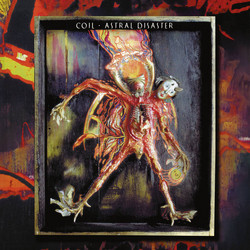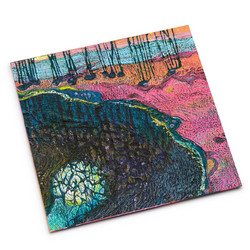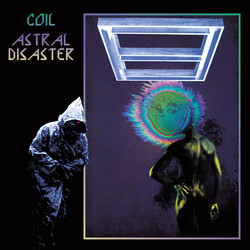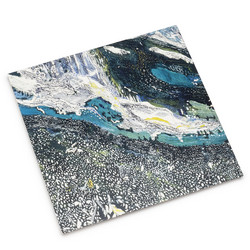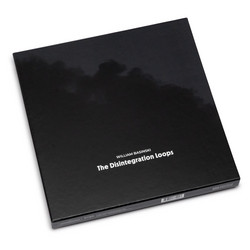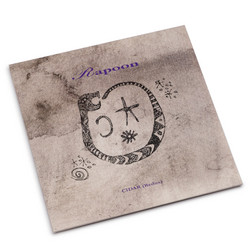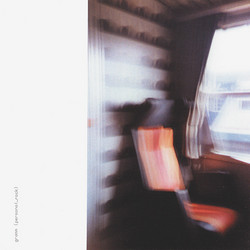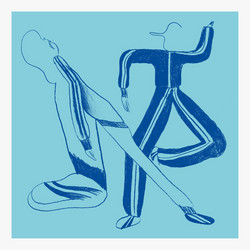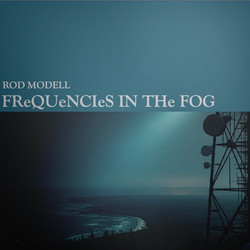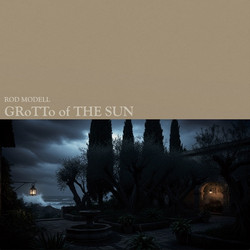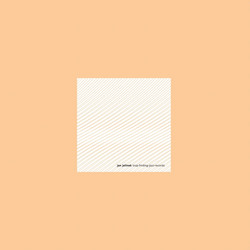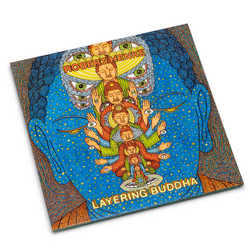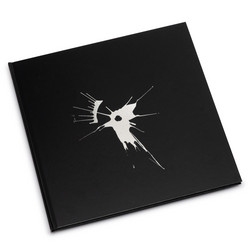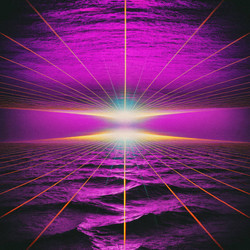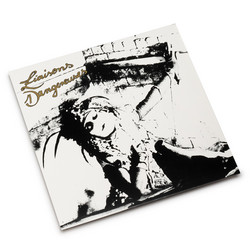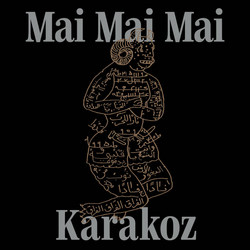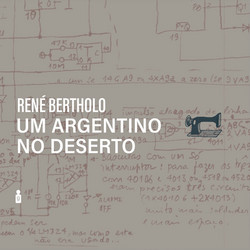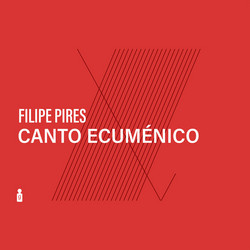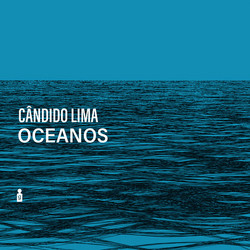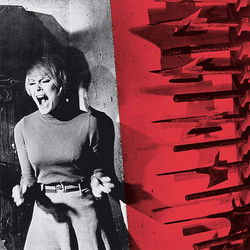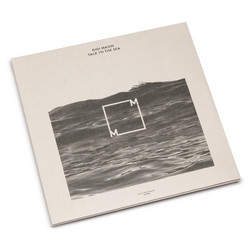**Available in vinyl for the first time, edition of 200** Born in Lisbon (1932), Armando Santiago studied singing, piano and cello at the National Conservatory of Lisbon. In Italy he studied conducting with Hans Münch and Franco Ferrara, and in Paris he studied with Pierre Schaeffer at the ORTF Research Service. Fellow of the Governments of Portugal and Italy, he worked in Rome with Boris Porena and followed the course of Goffredo Petrassi in the Academy of Santa Cecília, obtaining the diploma of studies of Composition.
In 1968 he settled in Canada, where he began teaching in Composition and directed the orchestra class at the Conservatoire de Musique de Trois-Rivières, an institution of which he was director. He was also appointed director of the Conservatory of Music of Quebec and responsible for the reforms of the educational programs. With a catalog that covers the solos genres, chamber, orchestral, vocal and electronic, its activity of composition emerges as a way to respond to a personal need, seeking the fulfillment of the detail and the correctness of each attitude. Without losing sight of the teaching of History, for Armando Santiago, composing is not an isolated act of the general problematic of artistic creation. The musical score is thus no more than an 'adjustment', by means of specific codes, and the composer is a filter-maker, sensitive and eclectic.
" The principle of the principle, the darkness and the light, the life and death of all that exists, the phenomenal energy of the sidereal nuclei, the cannibalism between galaxies, the abysses of infinity, the gravitational whirlwinds, the fate of cosmic reality, everything Huddles and clashes before an imaginary, audacious and privileged witness.
Seduction of the unfathomable, twelve states of immediate listening, independent or juxtaposed, escape the solutions of continuity.
Conceived as if it were intended for an orchestra – MIDI sound sources, instrumental freedom, dogmatic neutrality, then becoming a giant and virtual orchestra – the work advances as a long poem of static stanzas where microorganisms, multiplied to infinity, Spread themselves on curvilinear objects with almost incantatory gifts."
